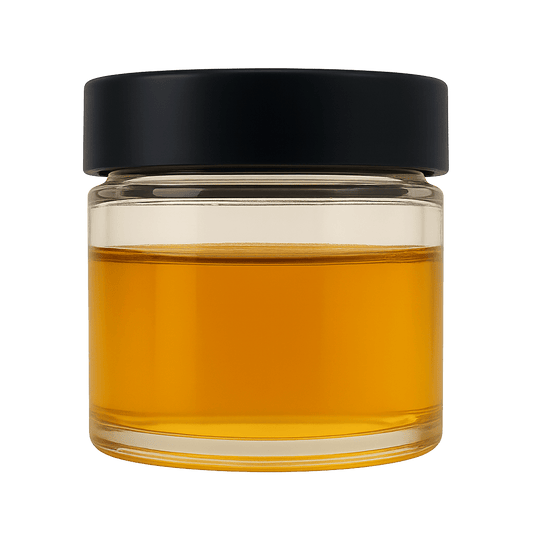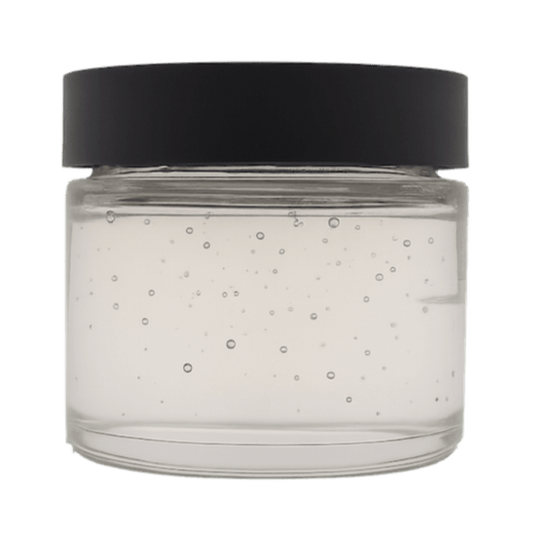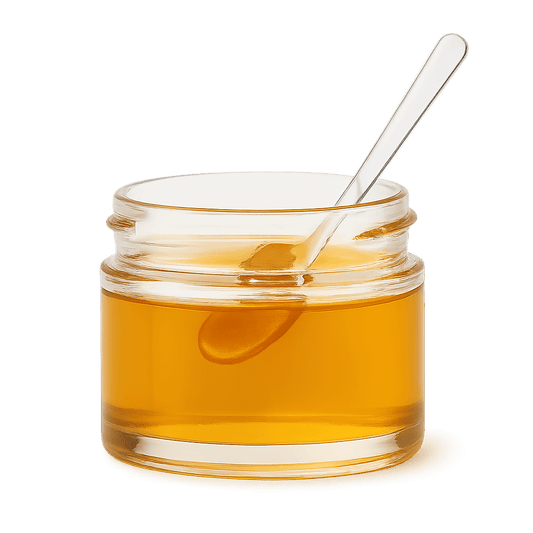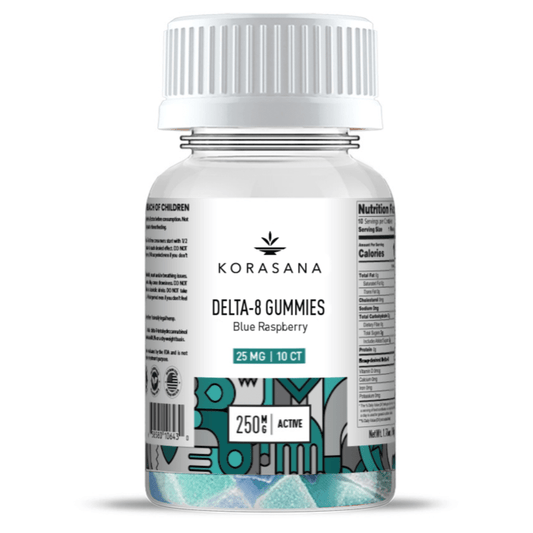Is Delta 8 THC Legal in Kansas?
YES - Delta 8 THC is Legal in Kansas
Delta 8 THC is legal in Kansas under state law, as long as it is derived from hemp and the end product contains no more than 0.3% Delta-9 THC on a dry-weight basis. This aligns with the 2018 Farm Bill, which legalized hemp and its derivatives at the federal level. The Kansas Attorney General has issued statements suggesting that certain Delta-8 THC products might be illegal, particularly those sold in forms like teas, vapes, and cigarettes, but this seems to specifically concern the product types rather than Delta-8 THC as a whole. Therefore, hemp-derived Delta 8 remains legal provided it adheres to the THC concentration limits.
Kansas law, following the 2018 Farm Bill, has legalized all hemp derivatives, removing tetrahydrocannabinols derived from hemp from its Controlled Substances Act. This means that for Delta 8 products to be considered legal, they must be made from legally grown hemp. Generally, you need to be at least 21 years old to purchase Delta-8 products in Kansas, which are available in various retail settings and can also be bought online.
If you're considering purchasing Delta-8 THC in Kansas, it's recommended to buy from reputable sources that can provide lab testing results to confirm the legality and safety of their products.
Legal Status of Delta 8 in Kansas
The legality of Delta-8 in Kansas is derived from both federal and state legislation, which categorizes hemp and its derivatives distinctively from marijuana, based on their Delta-9 THC content.
Federal Legislation:
- 2018 Farm Bill: Federally, the Hemp Farming Act of 2018, included within the 2018 Farm Bill, legalized hemp by removing it from the federal list of controlled substances. Specifically, it defined hemp as the Cannabis sativa L. plant and any part of the plant, including the seeds thereof and all derivatives, extracts, cannabinoids, isomers, acids, salts, and salts of isomers, with a Delta-9 tetrahydrocannabinol (Delta-9 THC) concentration of not more than 0.3 percent on a dry weight basis. This legislation effectively legalized hemp-derived Delta-8 THC, provided it contains no more than 0.3% Delta-9 THC.
State Legislation:
- Kansas Hemp Law: Following the Farm Bill, Kansas updated its own laws to align with federal legislation. Specifically, Senate Bill No. 263 and subsequent amendments to the state's Controlled Substances Act clarified the legal status of hemp-derived products. These updates made clear that hemp-derived tetrahydrocannabinols (like Delta-8 THC), which adhere to the same 0.3% Delta-9 THC concentration limit on a dry weight basis, are not considered controlled substances in Kansas. The state legislation thus allows for the possession, sale, and use of Delta-8 THC products derived from hemp, aligning with federal guidelines.
Key Legal Distinctions:
- Source of THC: The legal status hinges on whether the THC is derived from hemp (Cannabis sativa L. with less than 0.3% Delta-9 THC) or marijuana (Cannabis sativa L. with more than 0.3% Delta-9 THC). Hemp-derived Delta-8 THC is legal, while marijuana-derived Delta-8 THC remains illegal.
- Delta-8 THC vs. Delta-9 THC Concentration: Legal Delta-8 products must not contain more than 0.3% Delta-9 THC on a dry weight basis. This distinction is crucial for compliance with both federal and Kansas state law.
Consumer Guidance: For consumers, it's important to verify that any Delta-8 THC product purchased in Kansas is made from legal hemp by a licensed grower and confirms to the 0.3% Delta-9 THC concentration limit. Additionally, buyers should be aware of age restrictions, with most retailers requiring consumers to be at least 21 years of age to purchase Delta-8 THC products.
SENATE BILL NO. 263
New Section 1.
(2) ‘‘Delta-9 tetrahydrocannabinol concentration’’ means the combined percentage of delta-9 tetrahydrocannabinol and its optical isomers, their salts and acids, and salts of their acids, reported as free THC on a dry weight basis, of any part of the plant cannabis sativa L.
(4) ‘‘Hemp products’’ means all products made from industrial hemp, but not limited to, cloth, cordage, fiber, food, fuel, paint, paper, particleboard, plastics, seed, seed meal and seed oil for consumption and certified seed for cultivation, if the seeds originate from industrial hemp varieties.
(5) ‘‘Industrial hemp’’ means all parts and varieties of the plant cannabis sativa L., cultivated or possessed by a state educational institution or the department, whether growing or not, that contain a delta-9 tetrahydrocannabinol concentration of no more than 0.3% on a dry weight basis.
Sec. 4. K.S.A. 2017 Supp. 21-5701 is hereby amended to read as follows: 21-5701.
(j) ‘‘Marijuana’’ means all parts of all varieties of the plant Cannabis whether growing or not, the seeds thereof, the resin extracted from any part of the plant and every compound, manufacture, salt, derivative, mixture or preparation of the plant, its seeds or resin. ‘‘Marijuana’’ does not include:
(1) The mature stalks of the plant, fiber produced from the stalks, oil or cake made from the seeds of the plant, any other compound, manufacture, salt, derivative, mixture or preparation of the mature stalks, except the resin extracted therefrom, fiber, oil or cake or the sterilized seed of the plant which is incapable of germination; or
(2) any substance listed in schedules II through V of the uniform controlled substances act; or
(3) industrial hemp as defined in section 1, and amendments thereto, when cultivated, possessed
Sec. 7. K.S.A. 2017 Supp. 65-4105 is hereby amended to read as follows: 65-4105.
(h) Any of the following cannabinoids, their salts, isomers and salts of isomers, unless specifically excepted, whenever the existence of these salts, isomers and salts of isomers is possible within the specific chemical designation:
(1) Tetrahydrocannabinols……………………………………………………… 7370
Meaning tetrahydrocannabinols naturally contained in a plant of the genus Cannabis (cannabis plant), as well as synthetic equivalents of the substances contained in the plant, or in the resinous extractives of Cannabis, sp. and/or synthetic substances, derivatives, and their isomers with similar chemical structure and pharmacological activity such as the following: Delta 1 cis or trans tetrahydrocannabinol, and their optical isomers Delta 6 cis or trans tetrahydrocannabinol, and their optical isomers Delta 3,4 cis or trans tetrahydrocannabinol, and its optical isomers (Since nomenclature of these substances is not internationally standardized, compounds of these structures, regardless of numerical designation of atomic positions covered.), except tetrahydrocannabinols obtained from industrial hemp as defined in section 1, and amendments thereto, when cultivated, possessed or used for activities authorized by the alternative crop research act.
These legal nuances ensure that while Delta-8 THC products can be legally purchased and consumed in Kansas, they must strictly comply with regulations regarding their hemp origin and THC content. Consumers are advised to buy from reputable sources that provide transparent product information and lab test results to verify compliance with the law.
The information provided on this website does not, and is not intended to, constitute legal advice or any statements regarding the status of any laws. The information, content, and materials present on this site are for general informational purposes only and should not be relied upon for any specific purpose. Laws vary across different states and are subject to change. Therefore, information on this website might not reflect the most recent legal or other developments. Read our full legal disclaimer HERE.






